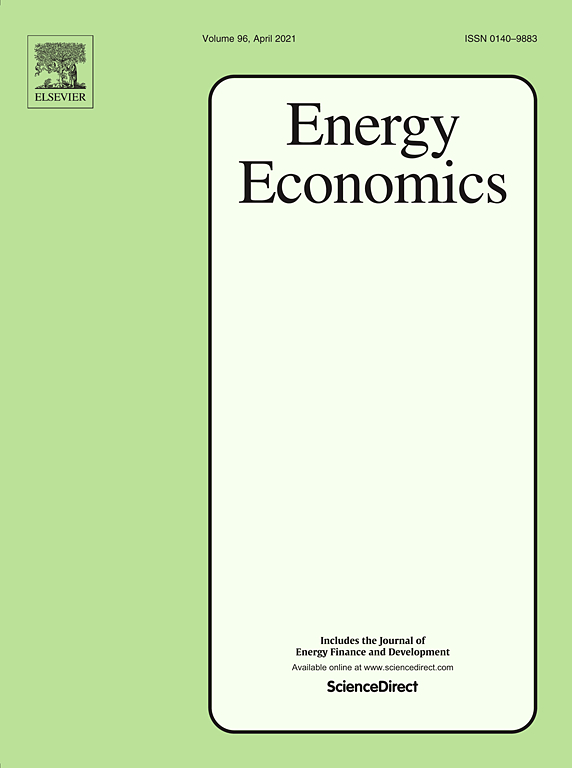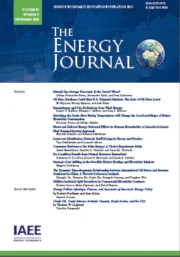United States (U.S.) Iran energy sanction waivers expired May 2, 2019. The waivers permitted eight economies (China, Greece, India, Italy, Japan, South Korea, Taiwan, and Turkey) to temporarily continue buying oil from Iran. Based on KAPSARC modeling of the political decision-making process, this Instant Insight – the first such KAPSARC publication – finds that the international community, and indeed some of the waiver economies, will at best partially comply with reinstated sanctions. China, India and Turkey are particularly unlikely to comply with U.S. sanctions and will maintain much of their current oil trade with Iran, the modeling shows.
The paper also simulates the likely impact on the global oil price of ending the waivers in four scenarios which show: i) no oil price rise if the sanctions don’t work at all, ii) an oil price rise of up to 12% by Q2 2020 if Iranian oil exports drop by an average 42%, iii) a 30%-plus price increase if the sanctions are 100% effective, and iv) no significant price change if Saudi Arabia offsets reduced Iranian crude oil exports by increasing its output and exports.
The analysis in the paper is based on two in-house models: the KAPSARC Toolkit for Behavioral Analysis (KTAB) and the KAPSARC Global Energy Macroeconometric Model (KGEMM).








